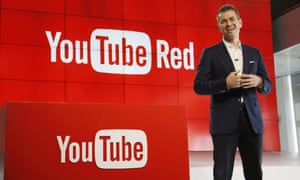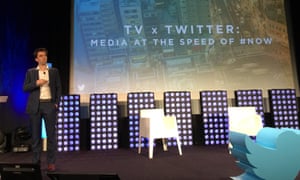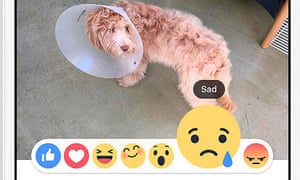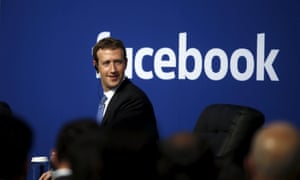- Section 1 (To all of the bystanders reading this…)
Content is free online and the idea of creating a new revenue stream from online subscriptions seems "daunting" and "dangerous."
- Section 2 (Truth is, a halting movement toward...)
Free newspaper web sites are more popular as it's hard to replicate stories in print newspaper.
- Section 3 (Beyond Mr. Sulzberger and Ms. Weymouth…)
Online subscription is a profitable revenue stream and newspapers never charged readers what it actually cost to "get the product to their doorstep."
- Section 4 (For the industry, it is later than it should be…)
Online subscription-based news organizations that cover state and local issues, sports, and finance, generating enough to maintain a small revenue, despite given the absence of circulation costs
David Simon’s overall argument
David Simon argues how print journalism is dying out due to
the fact that there is free newspaper content available online. He states how online
subscriptions are a bad idea.
Also, he states how there is a "mix of journalism" that justifies a subscription
fee. Considering the fact whether readers may not pay for what they have
already accepted as free, the industry mistook the Internet as a "mere
advertising opportunity" for their product in the first place. Readers rightly identify the
immediate “digitized version” of newspapers as superior due to the advances
in new and digital media. The internet content is free and
this allows citizen journalism to be dominant in how audiences receive their news. News can also be provided through blogs, news web, therefore this highlights how the
print newspaper is diminished. Furthermore, David Simon analyses how the
decline in newspapers leads to a reduction in staff. The example provided is
from ‘The Sun’ where the staff dropped
drastically from 500 to 160. There is major risk behind the paywall as
newspapers have to ensure their audience are engaged with the content all the time.
Read this response to the article by Dave Levy, criticising and disagreeing with David Simon's viewpoint. What references to new and digital media can you find in Levy's response?
Dave Levy argues that there is a major difference between a news reporter online and a non-professional journalism. The content provided online is not the issue but the way in which audiences receive their news has become much easier and advances in technology means that news is widely available for free. He also states how "the influencers will find other ways to learn and pass information out there because the barrier of entry is miniscule" which ultimately means that print newspaper is starting to decline as the internet is a source for news. He argues that there is not a major need for paid subscriptions online as he states "we don't have thoroughbreds who have an institutional advantage (a printing press, an FCC license, a satellite, a studio) to get our news." This means that institutions are practically wasting their time charging consumers when they can go to other competitors to receive news.
What is your own opinion? Do you agree that newspapers need to put online content behind a paywall in order for the journalism industry to survive? Would you be willing to pay for news online?
In my opinion, I disagree that newspapers need to put online content behind a paywall as it's a waste of time. Audiences will automatically go to competitors for free news and with the advances in technology social media plays a role in providing news in terms of citizen journalism,In order for journalism to survive in the industry providing free news is the best option. In the long run, there will most probably only be one/two main newspapers audiences go to for news. Although paywalls create little revenue for institutions, audiences are most likely to go for the free option.









